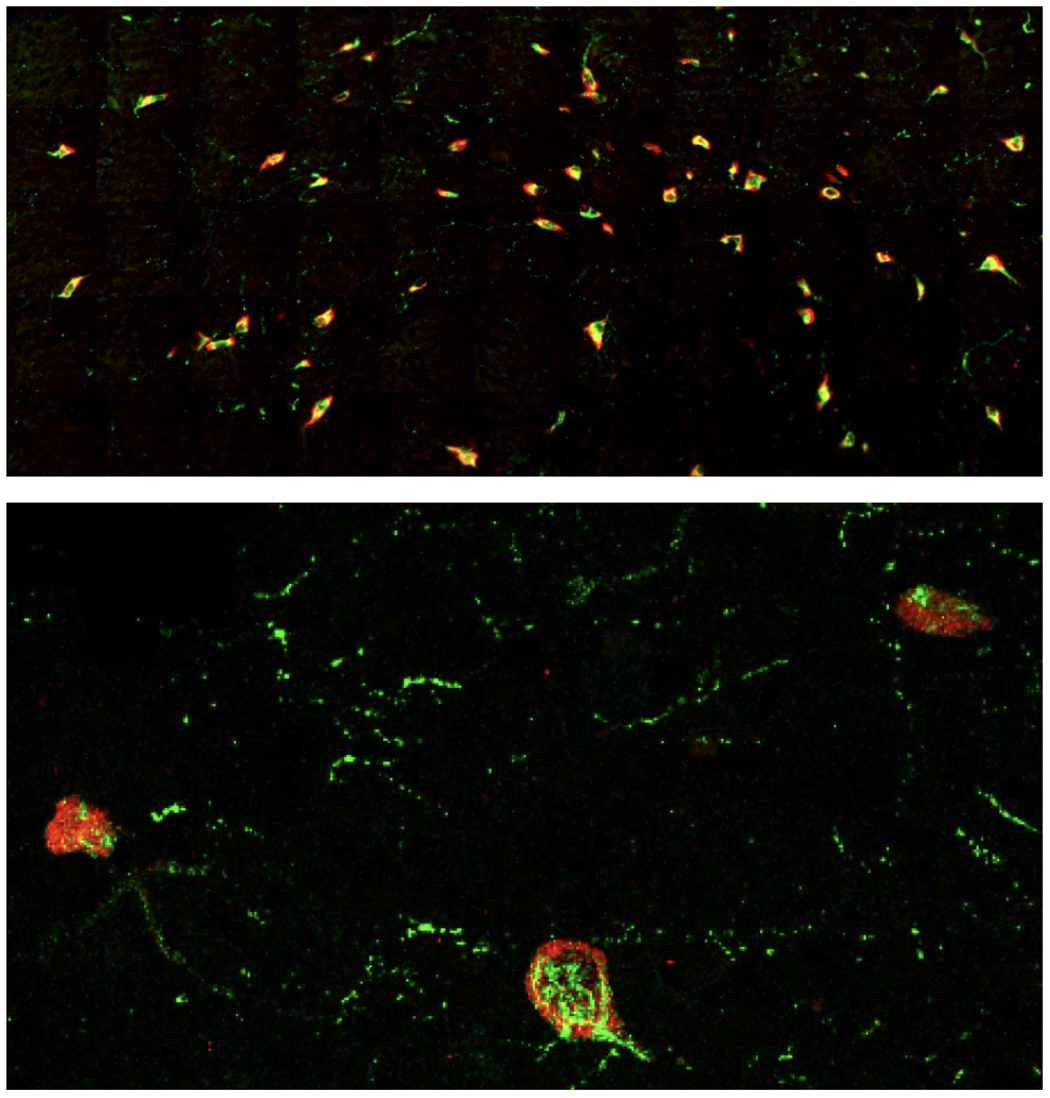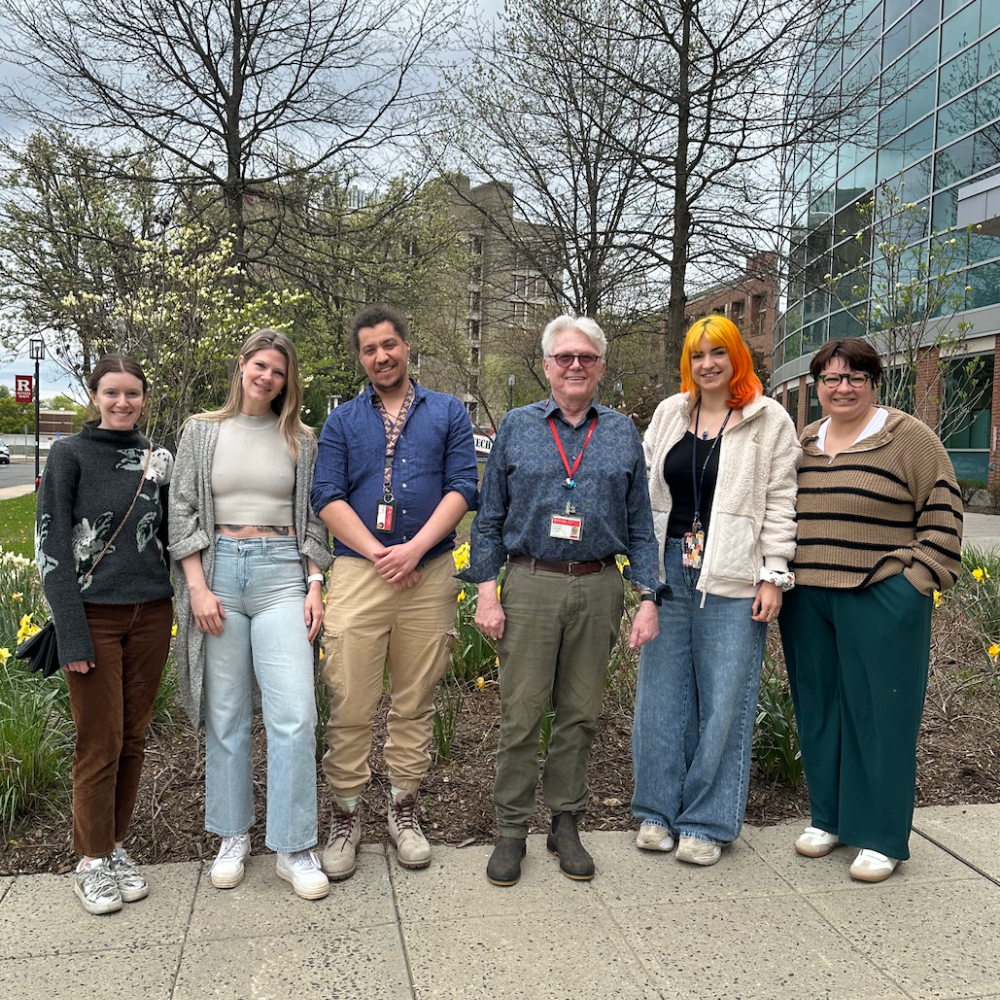Kimberly Newman in Dr. Gary Aston-Jones’ Lab Defended Her PhD Thesis


We are thrilled to congratulate Kimberly Newman, Ph.D. Candidate in the Graduate Program in Neuroscience, on the successful defense of her doctoral thesis! Kimberly conducted her research in the lab of Dr. Gary Aston-Jones, Director of the Rutgers Brain Health Institute and Murray and Charlotte Strongwater Endowed Chair in Neuroscience and Brain Health.
Research on Orexin and Opioid Dependence
Kimberly’s research is focused on investigating the role of the neuropeptide orexin on negative affect and enhanced motivation for opioids seen during development of dependence and withdrawal. Her recent results show that daily administration of the prescription opioid oxycodone with the orexin receptor antagonist suvorexant—which is clinically used to treat insomnia—attenuates negative affect development during withdrawal and subsequently reduces motivation to self-administer opioids in rats experiencing chronic pain.
Importantly, daily orexin receptor antagonism did not impede the ability of oxycodone to relieve chronic pain, indicating that orexin receptor antagonists may be useful for prevention of dependence in individuals taking opioids for pain relief. Future experiments will build on these studies, with the goal of supporting the repurposing of orexin-based therapies for addiction prevention and treatment.
Orexin neurons in the rat hypothalamus shown at low (top) and high (bottom) magnification. Orexin mRNA is labeled in red, while orexin peptide is labeled in green.

The Aston-Jones Lab
The Aston-Jones Lab investigates the neural mechanisms underlying reward processing, motivation, affect, and vulnerability to addiction, with a particular focus on the orexin/hypocretin and norepinephrine Locus Coeruleus systems and their interactions with other brain regions involved in arousal, stress, pain, and cognitive regulation.
In reflecting on her journey, Kimberly would like to acknowledge the mentorship and support provided by Dr. Aston-Jones, current and former members of Aston-Jones lab, and her dissertation committee, and funding from the Rutgers Training in Addiction Research Program (TARP) and the School of Graduate Studies that enabled these studies. She is excited to continue pursuing research in this field.

Empowering the Next Generation of Neuroscience Leaders
At the Rutgers Brain Health Institute, we are committed to training and supporting future neuroscientists through comprehensive programs and resources. Our trainees benefit from hands-on research opportunities, mentorship from leading experts, and access to professional development initiatives. Whether you’re a graduate student or postdoc, BHI provides the foundation you need to excel in your career and contribute to groundbreaking discoveries in brain health.
